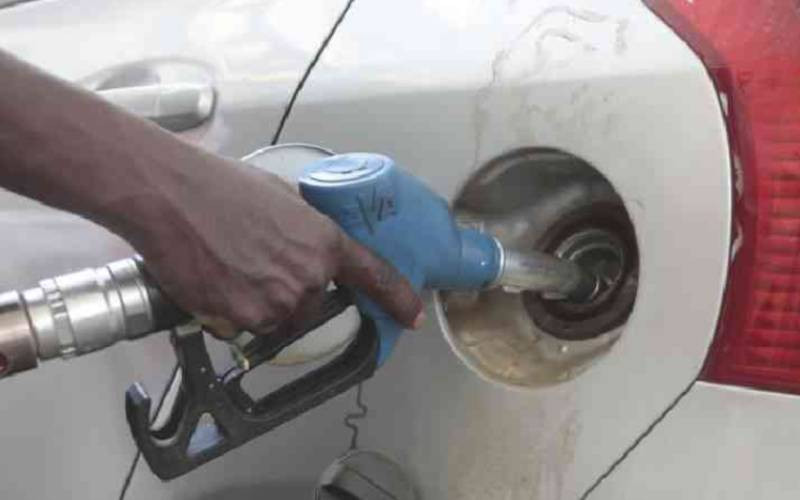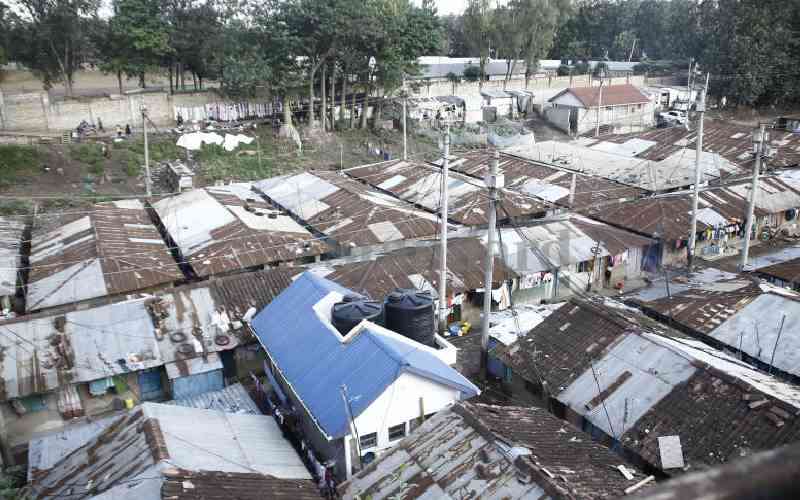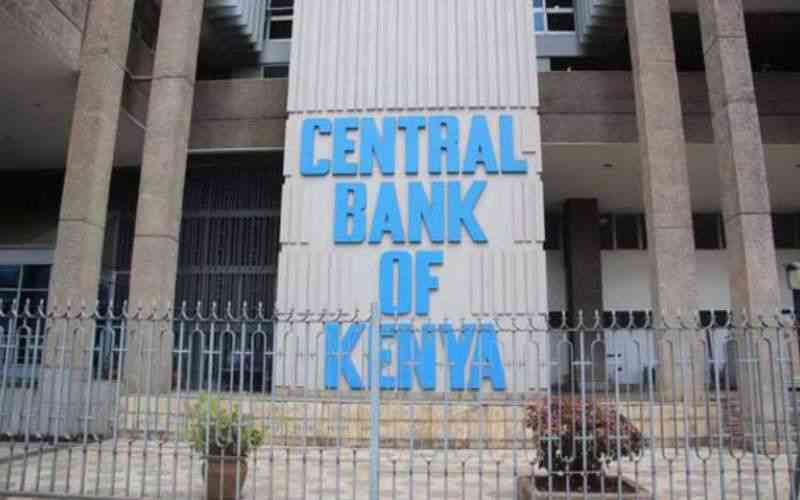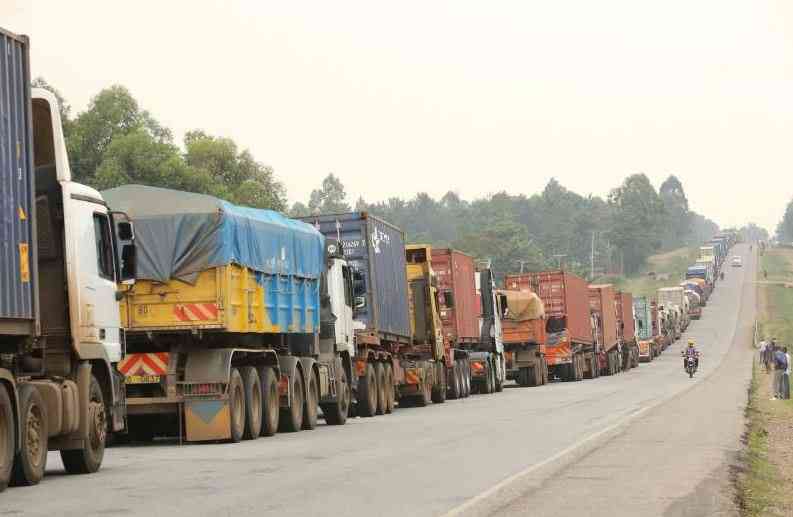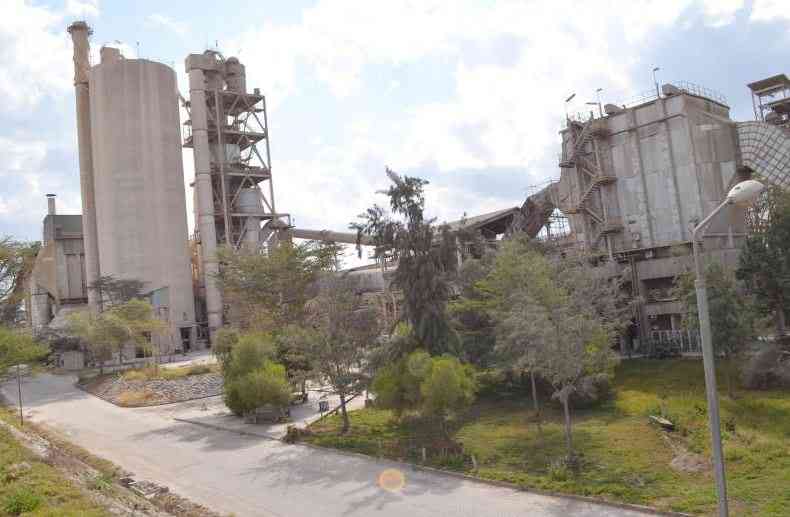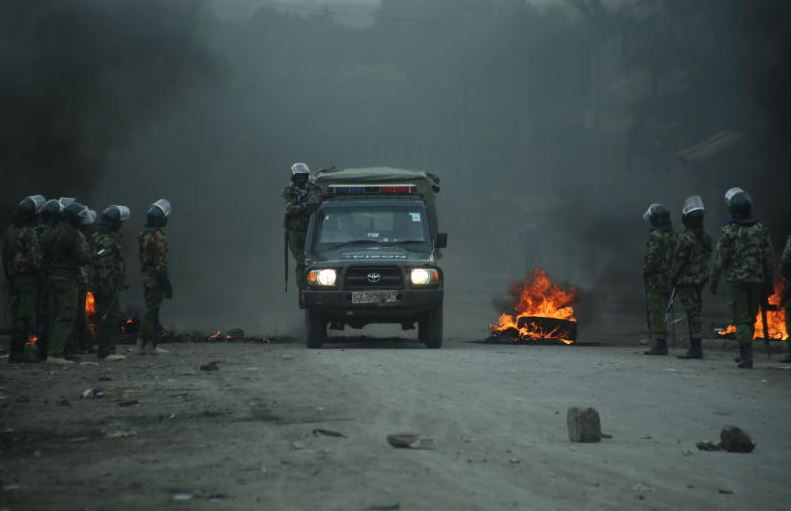
The recent images of peaceful protesters being bundled into police trucks, young men being carried to safety with gunshot wounds, goons attacking peaceful protestors under the watch of armed officers, blood and more blood on the streets, online posters of disappeared youth and youthful protestors in the dock on terrorism charges are not just distressing, they are a warning. A warning that the State may be slipping once again into the dangerous comfort of suppressing dissent with brute force and calling it security.
A dangerous pattern is hardening into State practice. With each wave of protest, the response grows more forceful, more erratic and increasingly more reckless. What should be a matter of crowd control is being treated like urban warfare. Police officers in combat fatigues, on their shoulders high-calibre rifles just to face off with young demonstrators armed with nothing more than placards and purpose. Others are pulled off the streets, bundled into unmarked vehicles or worse disappear without a trace.
We have come to expect this response. That is the tragedy. And when protesters are charged, they charged under the Prevention of Terrorism Act, a law intended for real threats like Al Shabaab. It is not just a legal overreach; it is a strategic disaster. It soils and makes a joke of the hard-won progress in Kenya’s counter-terrorism and Preventing and Countering Violent Extremism efforts, undermining the very relationships that have helped keep the country from falling into the cycles of radicalisation seen elsewhere.
The National Counter Terrorism Centre along with other security agencies have long relied on community trust and intelligence sharing to disrupt extremist plots before they materialise. That trust does not fall from the sky; it is built painstakingly through dialogue, respect and a social contract where citizens surrender their rights and freedoms to be governed in a believe that the state protects them.
But when citizens, who demand accountability or justice, are met with lethal force and even enforced disappearances that social contract expires. The citizens stop seeing the State as a protector and it is in that vacuum that dangerous ideologies find fertile ground.
History has already taught us this. The early years of Boko Haram in Nigeria were marked by heavy-handed police operations in Borno State and northern Nigeria. The group did not start out as a terror outfit, it radicalised in direct response to extrajudicial killings and state abuses.
Kenya is not immune. We have seen this in Mombasa, Lamu, Garissa and Wajir; profiling, harassment and brutality by security agents have fuelled extremist recruitment. We have paid for State overreach with blood, tears and chaos before. Yet here we are again, watching State actors flirt with similar tactics in Nairobi, Kisii, and Nyeri under the guise of national security.
Worse, the deployment of government-sanctioned “goons” to infiltrate or quell protests is not just unconstitutional, it is suicidal. A state must maintain its monopoly of violence, never share or outsource it. But once it takes the slippery route of vigilantism, there is no going back. It may appear tactically clever in the short term - disrupting protests without official fingerprints- but in the long run, it seeds organised criminal gangs whose loyalty lies not with ideology, but profit.
Unlike police, goons have no command and control when state funding dries up, they will turn their violence elsewhere. And by then, stopping them will cost far more than we bargained for.
The Bakassi Boys and Area Boys of Nigeria also began as state-sanctioned vigilantes, only to morph into extortionist gangs when their handlers lost control. G9 gangs in Haiti were politically backed before they turned Port-au-Prince into a no-go zone. We are edging closer to a breakdown of social order, and no one not even those giving the orders will be insulated from the fallout.
Part of the solution lies in rethinking how we train, deploy and arm our police for public order management. Crowd control in a democracy is not war. It requires discernment, negotiation, restraint not sniper rifles and battalion formations. Security personnel must learn to distinguish between legitimate public dissent and genuine security threats. Every time we fail to make that distinction, we multiply the very risks we claim to be mitigating.
This is not just a matter of operational tactics, it is a question of governance and national cohesion. When we brutalise our youth, many of whom are unemployed and disillusioned, we push them not just to despair, but into the arms of those who offer them an outlet, however dangerous.
The 2027 elections are not far off. If the State continues down this path; normalising goons, arming police to the teeth for peaceful protests and abusing anti-terror laws to crush civic expression we risk triggering a proliferation of Small Arms and Light Weapons. Citizens, increasingly alienated and fearful, will begin seeking their own means of self-defence. And from there, the slide into violent extremism and chaos will be almost inevitable.
We are playing a dangerous game, choosing tacticianism over strategic national interest. It may feel effective now, but it is a hollow victory. What we erode today in trust, legitimacy, and civic stability will haunt us for years to come. In truth, we are not facing a protest problem. We are facing a statecraft problem. We are seeing tacticians in uniform where we need strategists in service. Policing is not about domination, it is about legitimacy. The legitimacy of our police is not built by crushing dissent but by upholding rights. You cannot enforce law by breaking it.
The obsession with short-term control over long-term cohesion is nauseating. A secure nation is not one where protests are silenced. It is one where protesters are heard, addressed, and managed with professionalism.
Stay informed. Subscribe to our newsletter
This is a crossroads moment: We must choose between a democratic order built on justice or a fragile silence maintained through fear. We cannot have both. A government that fears its own people is one step away from authoritarianism. A state that criminalises dissent is one step away from losing the moral authority to govern. Let us not wait until we are too far gone. Let us re-centre our democracy on dialogue, justice, and restraint. That is the only path to true, lasting security.
